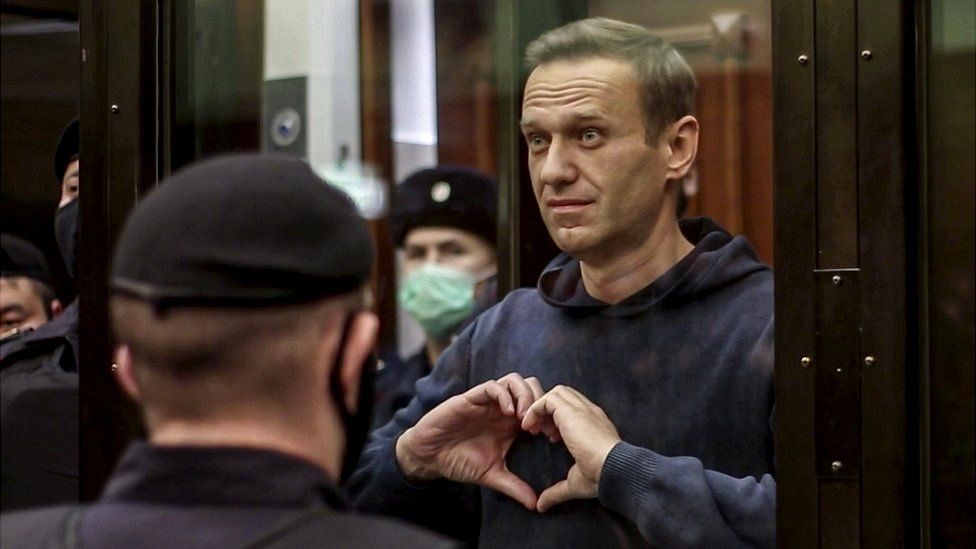Alexei Navalny, a prominent Russian opposition leader and anti-corruption activist, passed away on February 16, 2024, while serving a 19-year sentence in a high-security prison in the Yamalo-Nenets region of Russia. His death has sparked global outrage and raised serious concerns about the treatment of political prisoners in Russia.
What Happened to Alexei Navalny?

Navalny, born on June 4, 1976, was a significant threat to President Vladimir Putin’s regime. He gained international recognition for organizing protests and advocating for reforms against corruption in Russia. In 2012, The Wall Street Journal labeled him “the man Vladimir Putin fears most”.Navalny’s activism led to multiple legal challenges and imprisonment. He was sentenced to nearly three years in prison on charges widely regarded as politically motivated. In August 2020, he fell seriously ill during a flight, later confirmed to have been poisoned with a nerve agent, an incident that drew global condemnation and calls for accountability.
The Poisoning Incident

On August 20, 2020, Navalny fell ill while on a domestic flight over Siberia. His spokesperson stated that he was poisoned, possibly by a cup of tea he drank prior to takeoff from Tomsk’s Bogashevo airport. Russian doctors initially refused to transport him, but later released him to be airlifted to Charite hospital in Berlin, Germany, for treatment.German officials later confirmed that Navalny was poisoned with a Soviet-era Novichok nerve agent. Chancellor Angela Merkel stated that Navalny was a victim of attempted murder, adding that there were “serious questions that only the Russian government can and must answer”.
Navalny’s Imprisonment and Death

Despite the poisoning incident, Navalny returned to Russia in January 2021 and was immediately arrested. He was sentenced to 19 years in prison on extremism charges, which were widely seen as politically motivated.Navalny spent much of his time in jail in solitary confinement or punishment cells. In December 2023, he was transferred to a remote penal colony in Russia’s far north, where he remained virtually cut off from the outside world.On February 16, 2024, Russian prison authorities announced that Navalny had died in custody. They claimed that he lost consciousness after a walk and could not be revived by medics. Navalny’s death has prompted investigations and raised further concerns about the treatment of political prisoners in Russia.
The Legacy of Alexei Navalny
Alexei Navalny’s life and death have become emblematic of the risks faced by the Kremlin’s opponents. Despite the persecution and abuse he endured, including chemical burns, poisoning, and imprisonment, Navalny remained defiant and continued to criticize the Russian government.In his last court hearing, Navalny joked with journalists and scolded the authorities, even asking for part of his “enormous salary” because he was running out of money due to the numerous fines imposed on him. His perseverance and unwavering commitment to democracy and anti-corruption efforts have made him a symbol of resistance against Putin’s authoritarian rule.
The Aftermath and Investigations
Navalny’s death has sparked international outrage and calls for accountability. President Joe Biden stated that “what has happened to Navalny is yet more proof of Putin’s brutality” and that the U.S. is “contemplating what else can be done”.Human Rights Watch has called for Russia to drop all baseless cases against Navalny’s supporters, vacate their convictions, and repeal each repressive law that has facilitated their persecution. The European Court of Human Rights has also issued numerous judgments stating that Russia violated Navalny’s rights for political purposes.As the world mourns the loss of a courageous leader, the fight against corruption and authoritarianism in Russia continues. Navalny’s legacy will undoubtedly inspire others to carry on his mission and work towards a more democratic and just society.
